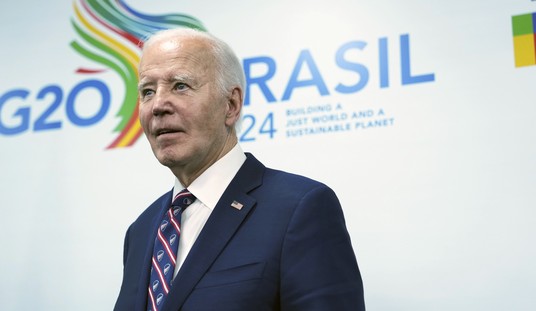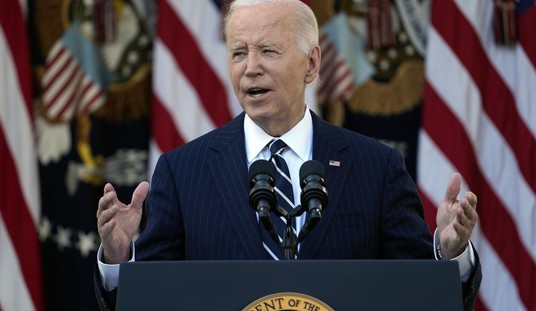Last evening in Fayetteville, North Carolina, home of Fort Bragg and the 82d Airborne Division, XVIII Airborne Corps, and the JFK Special Warfare Center, Donald Trump officially revealed that his nominee to be Secretary of Defense is retired USMC General James Mattis.
I wish hadn’t nominated Mattis for a lot of reasons. But none of those reasons have to do with his ability to be Secretary of Defense and, if he is allowed to pick his own senior staff, he offers a great hope for immediately staunching the institutional rot that the Obama administration seems to think is a feature not a bug. However, because Trump is making a break with precedent and is nominating someone who is forbidden by Title 10 US Code to actually serve as Secretary of Defense, Congress must pass legislation making an exception for Mattis. It his here that the wheels threatened to come off.
The Democrats are boasting about doing to Trump’s nominees what they think was done to Obama’s Supreme Court nominee, Merrick Garland: refuse to allow a vote. Mattis would be an easy target because even though he only needs a majority to be confirmed, altering the law would require 60. Two, it seems, can play a vigorous game of shenanigans:
Republicans are betting that Senate Democrats won’t shut the government down over a GOP effort to speed the confirmation of retired Gen. James Mattis as Donald Trump’s defense secretary.
GOP leaders slipped in a provision into a must-pass government funding bill Tuesday that would streamline confirmation of Mattis next year by fast-tracking legislation to grant him a waiver to serve in the Cabinet. Mattis needs a special exception passed by Congress to allow him to skirt a requirement that ex-military officials are out of service for seven years before they can become secretary of defense; Mattis left the military in 2013.
…
The procedure for Mattis’ waiver in the spending bill would limit debate in the Senate over the matter to 10 hours and require 60 votes for passage. The waiver legislation itself can be introduced by Senate Majority Leader Mitch McConnell (R-Ky.) or Senate Armed Services Chairman John McCain (R-Ariz.) within the first 30 days of the new Congress. That bill would be referred to McCain’s committee, and if it was not acted on within five days would go directly to the Senate floor.The goal, Republicans said, is to prepare the Senate to confirm Mattis as soon as Inauguration Day on Jan. 20.
What this does is effectively invoke cloture on the Mattis’ special bill and immediately set up a vote. While Chuck Schumer might have been able to orchestrate a filibuster of the action, he doesn’t have the votes to stop the nomination. There are too many RedState Democrat senators up for re-election in 2018 for them to be seen as going on record in refusing to confirm Mattis for the sake of playing a game.
The most important story here is that Senate Majority Leader Mitch McConnell has decided to actively shepherd Trump’s nominees through the Senate. He could have let this opportunity pass tried to build good will with incoming Harry Reid minime Chuck Schumer, but he didn’t. He elected to roll Schumer right out of the gate. This is a great sign for what the next Congress has the potential of accomplishing.













Join the conversation as a VIP Member